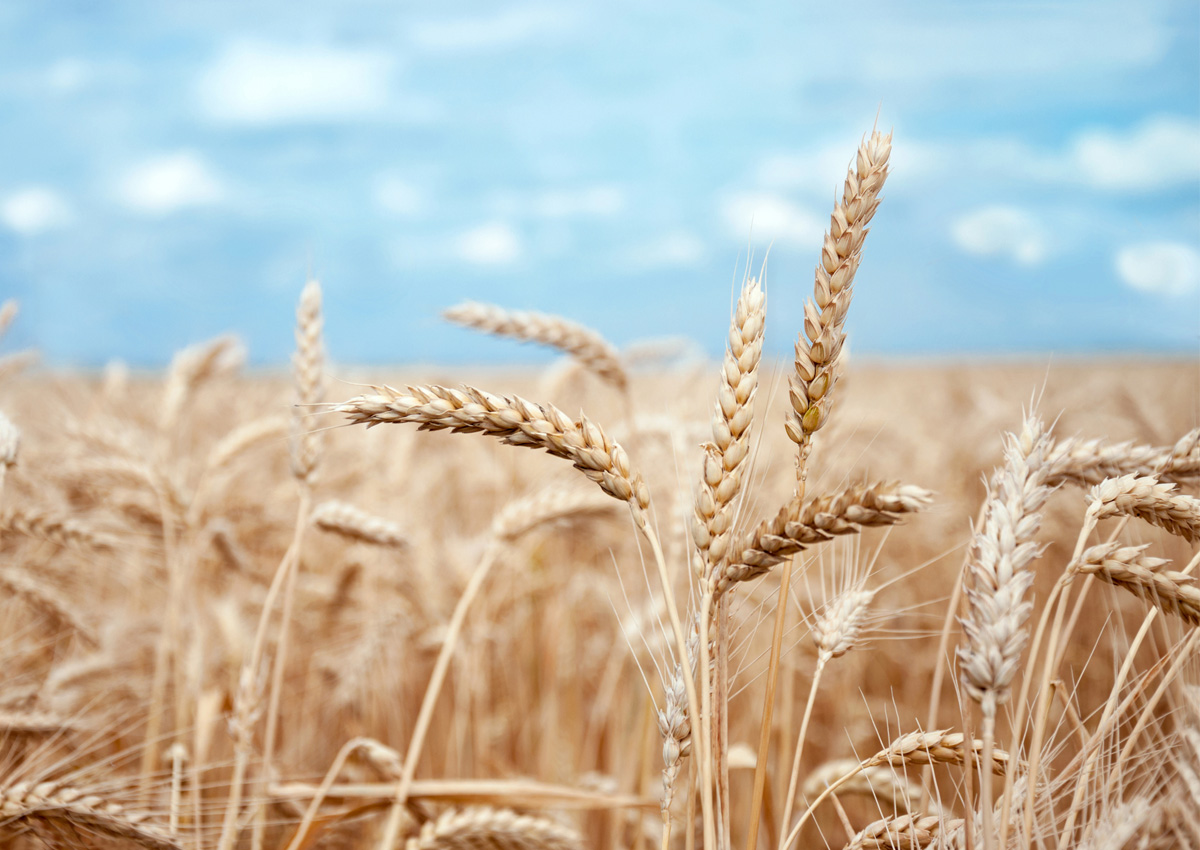
Genetic Discovery Explains Barley's Sodium Tolerance
May 27, 2020| |
A collaboration between plant scientists from the University of Nottingham and Barley Hub at the James Hutton Institute and colleagues in Australia has helped identify a natural variation in a gene that influences sodium content in barley crops, a finding that could help in the development of barley varieties with improved yield and resilience.
Professor David Salt, Director of the University of Nottingham's Future Food Beacon explains that they have identified a natural genetic variant that allows barley to accumulate more salt (sodium) in its grain. Excessive salt is usually associated with poor plant growth and reduced grain production. However, low levels of salt stimulate plant growth. The natural genetic variant that the research group identified is generally rare among non-cultivated wild barley but is common among those kinds of barley grown by farmers, suggesting that the variant has been unwittingly selected by farmers because it enhanced barley production by stimulating the accumulation of salt from their fields, which are usually low in salt.
The research team examined how a specific version of the HKT1;5 gene allows barley plants to accumulate high concentrations of sodium without any adverse impacts on plant growth, even suggesting enhanced yield potential in non-saline environments. Dr. Kelly Houston, barley geneticist at James Hutton Institute and lead author of the study said, "This particular version of HKT1;5 is present in 35 percent of contemporary barley genetic material, compared to being almost absent in the wild barley and landraces screened, which means there is potentially an advantage to having it in future varieties.
For more details, read the article on the University of Nottingham website.
| |
You might also like:
- Scientists Discover Path to Improved Barley Grain Quality
- Australian Researchers Discover Key Gene to Improve Barley's Drought Tolerance
- Scientists Develop Healthier Barley
Biotech Updates is a weekly newsletter of ISAAA, a not-for-profit organization. It is distributed for free to over 22,000 subscribers worldwide to inform them about the key developments in biosciences, especially in biotechnology. Your support will help us in our mission to feed the world with knowledge. You can help by donating as little as $10.
-
See more articles:
-
News from Around the World
- Study Puts End to Intense Scientific Debate on Peanut's Origin
- Survey Shows Most Australians Don't Know the Difference Between Bacterial and Viral Infections
- FSANZ Rules GM Potatoes Are Safe, Calls the Public to Comment
- Researchers Find Genes to Save Ash Trees from Deadly Beetles
- Genetic Discovery Explains Barley's Sodium Tolerance
- Bumblebees Poke Leaves to Help Flowers Bloom Faster
-
Research Highlights
- Protein Found to Switch on Part of Plant's Drought Defense
-
Plant
- Experts Identify Genome Editing and Other Innovations to Accelerate Food System Transition
-
Health
- First Human Trial of COVID-19 Vaccine Found Safe and Induces Rapid Immune Response
- Coronavirus Has Two Versions and One is Not More Harmful, Study Finds
-
Read the latest: - Biotech Updates (January 14, 2026)
- Gene Editing Supplement (December 17, 2025)
- Gene Drive Supplement (February 22, 2023)
-
Subscribe to BU: - Share
- Tweet

